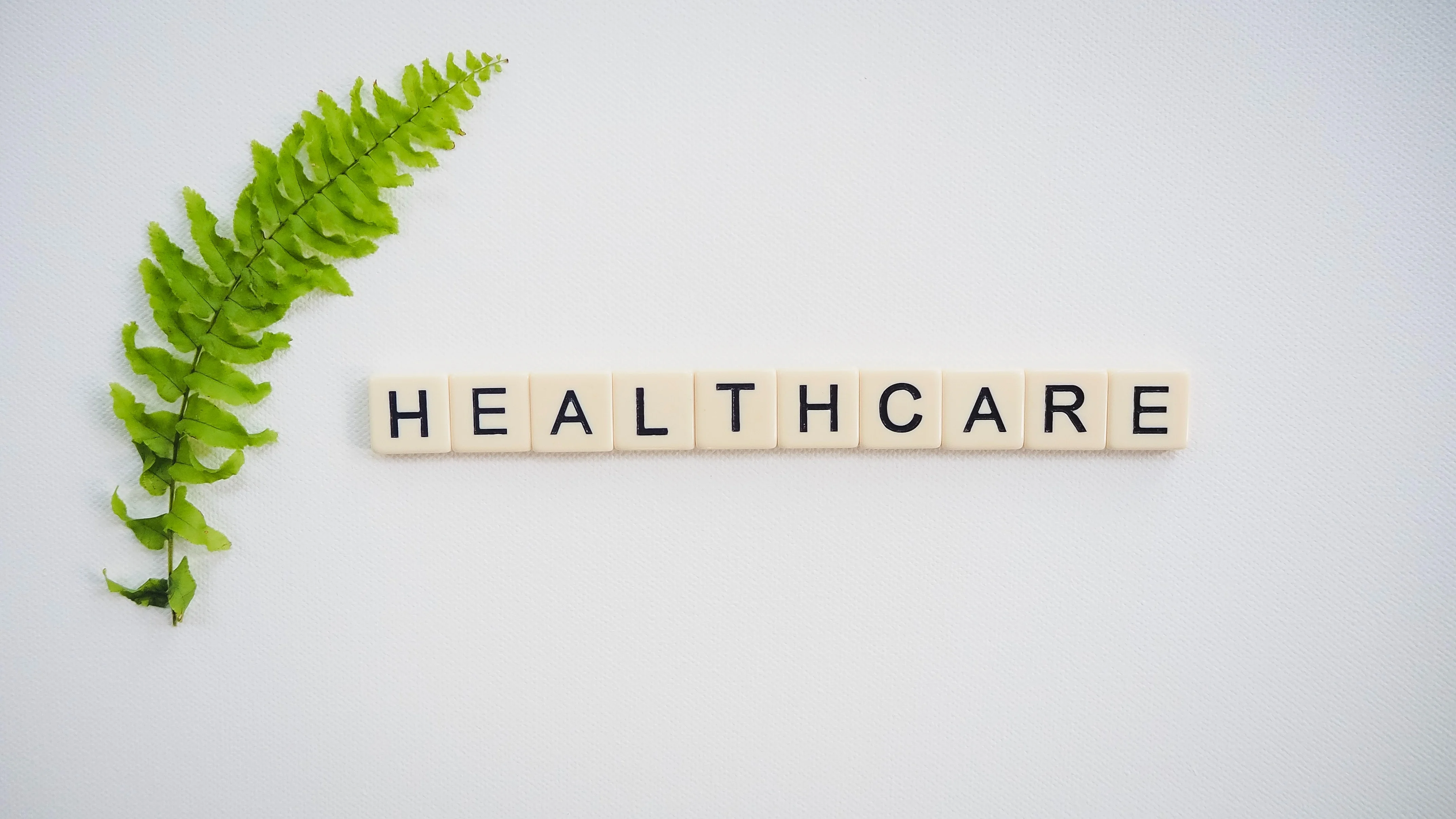Sample by My Essay Writer

There is currently an atmosphere of considerable and justifiable concern around the rising costs of health care in the United States, where an aging population demanding new technologies continues to drive an increase in spending; however, the argument that health insurance premiums should be tailored to fit each individual’s propensity towards illness is false and mistaken, based on misinformation and misinterpretation of existing data (Pianin, 2015). The comparison of health insurance with automobile insurance is a false comparison: auto insurance rates are based on decisions made by the automobile owner. If a person chooses to own an expensive car and drive it recklessly, their insurance costs will be much higher than those of a person who chooses a mid-range car and drives carefully. Therefore, when we talk about an individual’s auto insurance rates, we are discussing data based a series of informed executive decisions made by an adult with full knowledge of the consequences. The same cannot be said of an individual’s health insurance rates. People do not choose their own bodies in the same way that they choose their cars: we are born into our bodies without choice.
[“Write my essay for me?” Get help here.]

One might then argue that we do choose how to treat those bodies: whether we exercise, whether we choose to smoke, to eat well or poorly, and so on. However, a look at the sociological research of the past few decades will bear out the fact that people have very little control over their own physical development, and that childhood nutrition and social experience will determine a person’s health for the rest of his or her life. The vast body of research on adverse childhood experiences (ACES) has shown a direct correlation between childhood poverty, neglect and abuse, and adult rates of depression, anxiety, drug use, poor nutrition, and other catalysts for poor physical health (Dube, Felitti et al, 2003). Therefore it cannot be socially justifiable to increase health-care costs for people who are already socially disadvantaged. [Need an essay writing service? Find help here.]

The argument stated in favor of tailoring peoples’ insurance rates to their propensity for illness infers that a) people should be economically sanctioned for their genetic makeup and that b) this sort of economic sanction will make a meaningful difference in the way that health-care costs are distributed. The first assertion is tantamount to eugenics. While the historical eugenics movement sought to remove power from people its leaders considered genetically inferior by removing their ability to procreate through forced sterilization, this practice would remove spending power and financial stability from the people that its leaders consider genetically unsound. The second assertion– that people are directly responsible for their medical costs– is an argument based on a misrepresentation of the way that medical costs are incurred, formulated and expressed. The vast majority of medical costs are, indeed, incurred by a very small minority of the population, but there is not a direct correlation between an individual’s propensity towards illness and their medical costs. It is logical but incorrect to assume that the sickest people are the most expensive: a closer look at the data will reveal that most medical costs are created by end-of-life care, overtesting and overpricing by drug companies (Bipartisan Policy Center, 2015). [Click Essay Writer to order your essay]
References:
Dube, S. R., Felitti, V. J., Dong, M., Giles, W. H., & Anda, R. F. (2003, September). The
impact of adverse childhood experiences on health problems: Evidence from four
birth cohorts dating back to 1900. Preventive Medicine, 37(3), 268-277.
Pianin, E. (2015, October 19). Medicare Sees Striking Increase in Specialty Drug Costs.
Pianin, E. (2015, December 3). US Health Care Costs Surge to 17 Percent of GDP.
Prevention Task Force, Bipartisan Policy Center. (2015, May). A Prevention Prescription for Improving Health and Health Care in America [Press release]. BipartisanPolicy.






